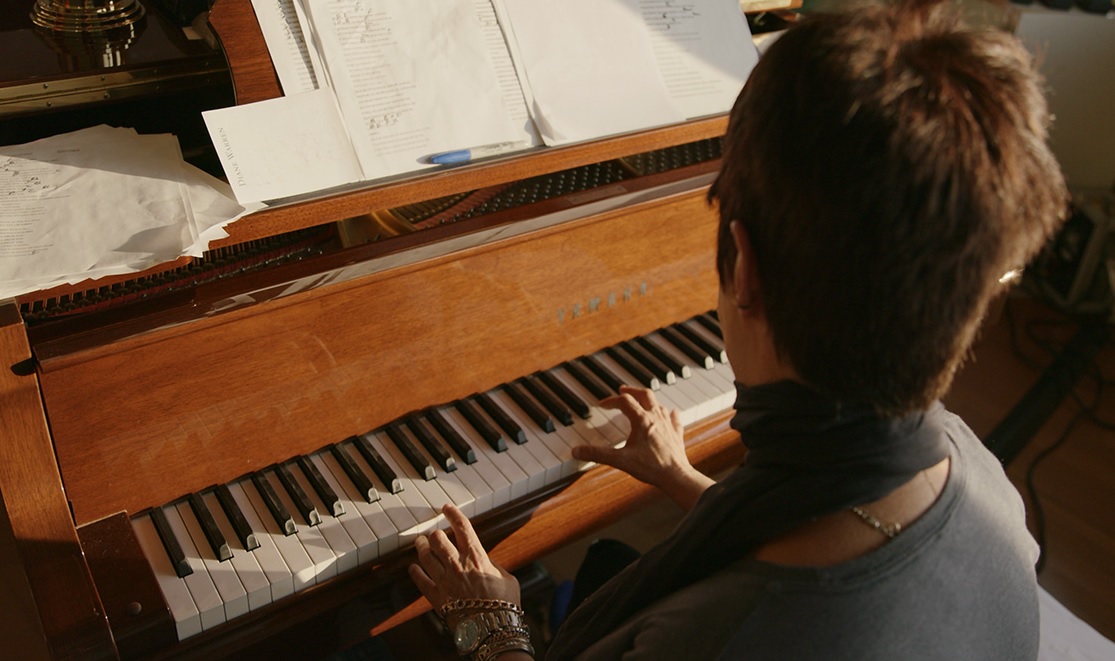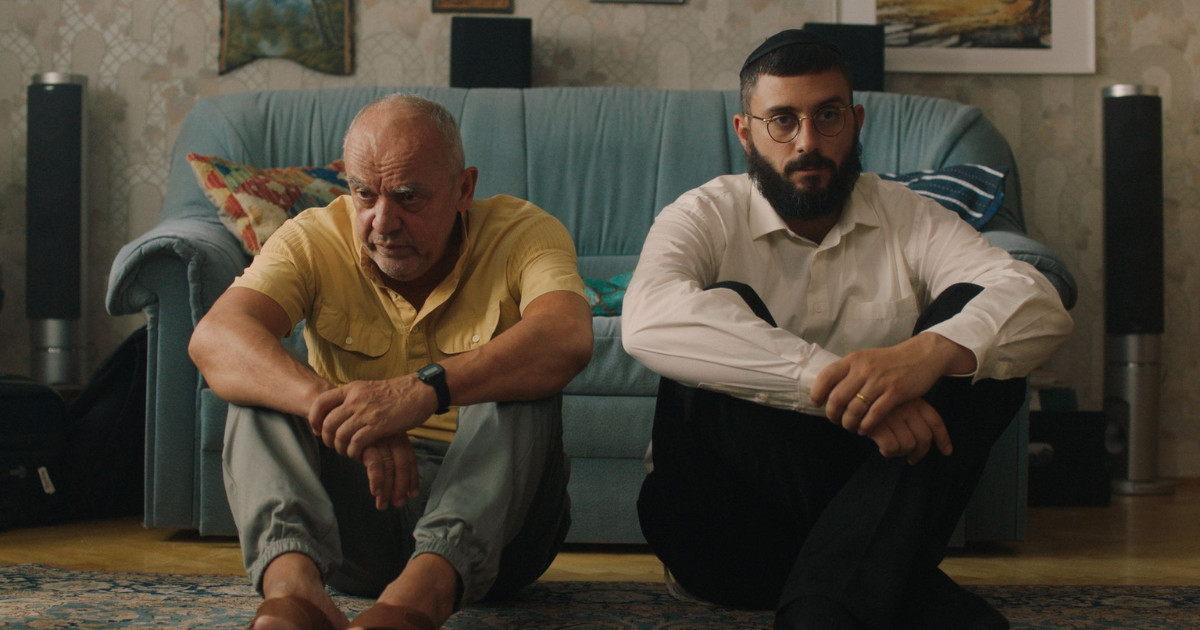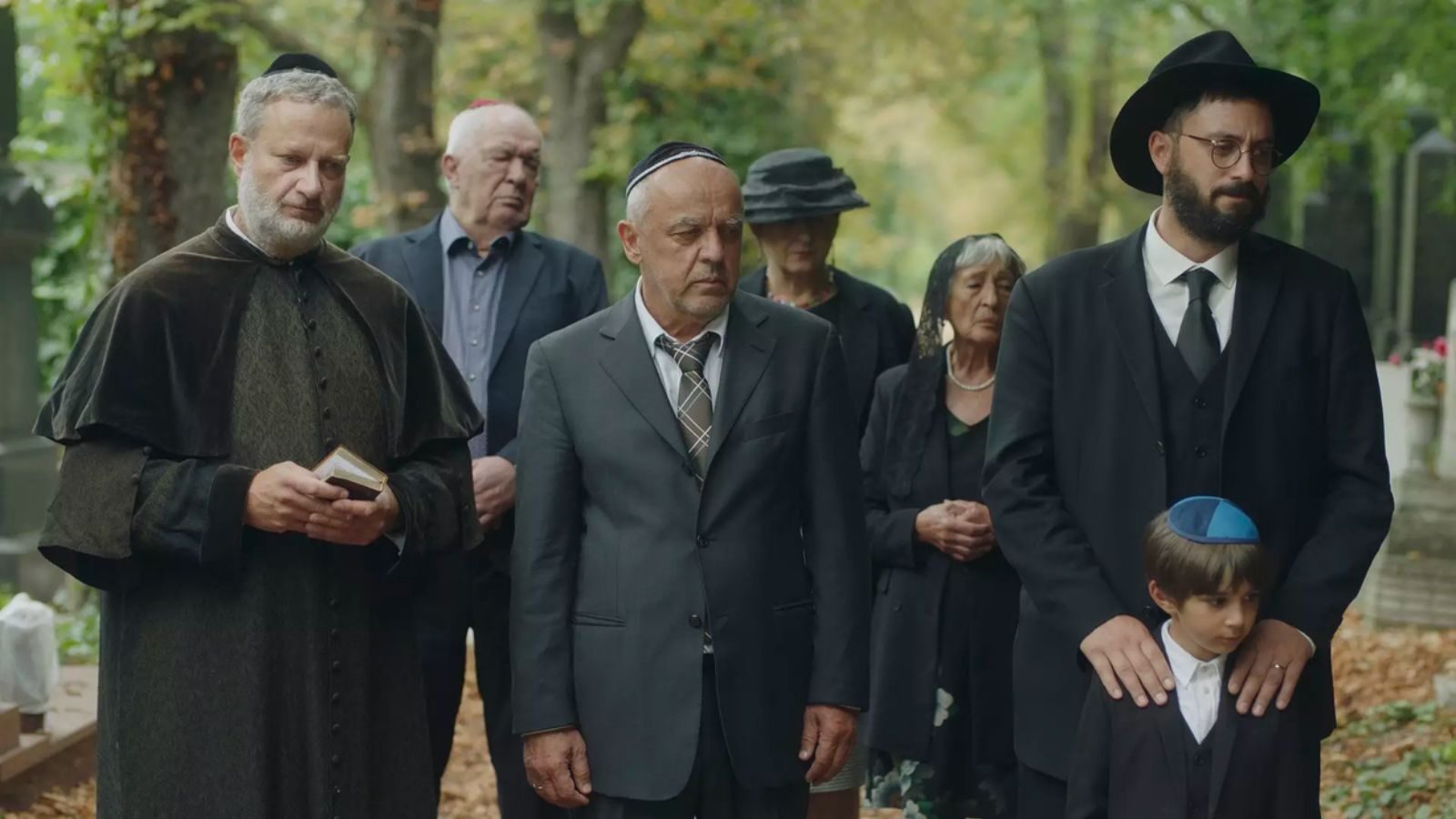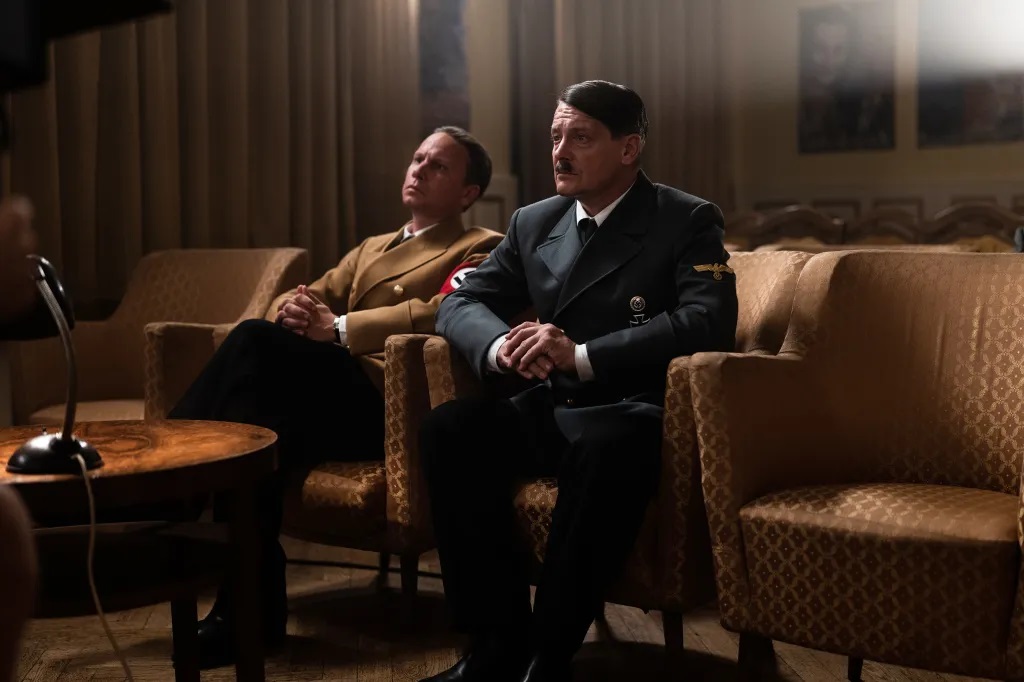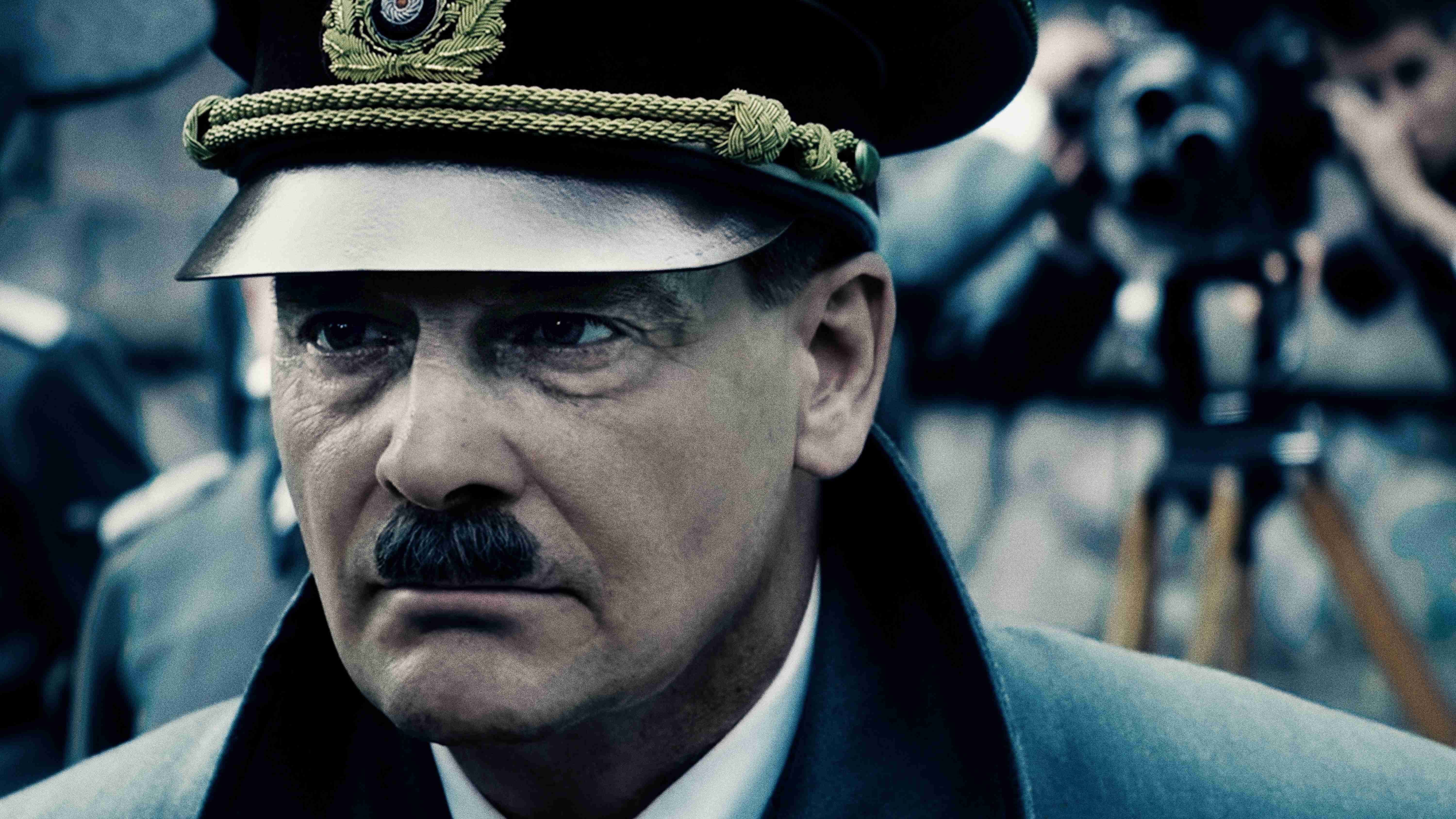The Milky Way, the creation of multi-talented Israeli director, writer and editor Maya Kenig is a thought-provoking story with a hint of dystopia surrounding two young mothers and their newborn babies.
Although both women live very different lives, Tala a single mum and struggling indie musician, and Nili, a wealthy married housewife, their desperation for wanting the best for their own child leads them to consciously choosing to have each other in their lives.
When Tala accepts a job at a breast milk production company called The Milky Way, she sees it as an easy way to make money. The women who work there are required to pump milk in their plush cubicles fitted with pumping equipment, a comfortable reclining armchair, and a screen showing images of their babies and much like dairy cows, uninterrupted views of the green paddock.
The job is portrayed like any other regular job where the employees have lunch breaks, must seek approval of management if they need to take time off, and are reprimanded for breaking the rules. It doesn’t take too long for the feisty and head strong Tala to start breaking the rules.


Curiosity gets the better out of Tala, played by real life musician, Hila Rauch, when she hitches a ride with a milkman on his way to do his rounds and discovers that one of the homes he is dropping off milk is the home of the woman who is receiving her breast milk, Nili, played by Hadas Yaron. Wanting to know more about this woman, Tala sneaks into the house and hides herself. She manages to escape but fate brings her back to Nili when she realises she has left her phone in Nili’s house.
Nili eventually finds out that she has been the recipient of Tala’s milk but her paranoia steers her to making a proposal too good for Tala to refuse, especially given Tala’s precarious situation at that time.
The women form a friendship and bond over motherhood but there’s always an imbalance of power that looms in the background of their friendship. That imbalance of power comes to light when Tala crosses a line with Nili and is forced reflect on whether she is giving more of herself away than just her milk.
The film touches on ethical and moral issues in an entertaining manner without it being so obvious. The exploitation of vulnerable lower income mothers, the judgment women face for not breast feeding are just a few.
More strongly targeted at women, this is a film any woman will find engrossing whether they’re a mother or not.
To book tickets to this or other films click https://www.jiff.com.au/

